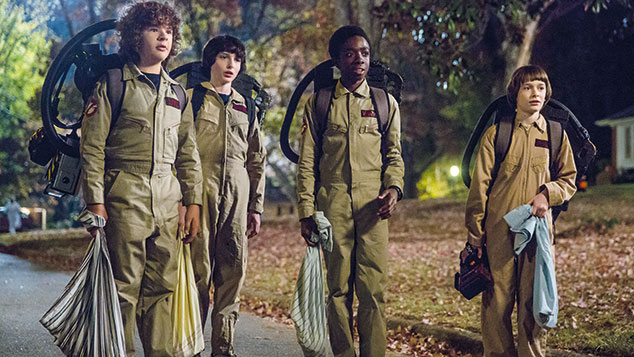
The US has scrapped rules that forced internet service providers to treat all data equally. That’s the end of the free internet, say campaigners. Are they right? Simon Wilson reports.
What’s happened?
The Federal Communications Commission (FCC), the US telecoms regulator, has said it is rescinding the rules that guarantee “net neutrality” – the principle that internet service providers (ISPs) must treat all internet traffic equally. The rules were imposed by the same body under Barack Obama in 2015, but – as with many similar agencies and regulators in the US – the FCC is run by political appointees.
Now the three Republican-nominated members of the five-strong commission, including its chairman, Ajit Pai, all voted to end net neutrality on the grounds that they think it places a needless burden on ISPs without helping consumers. The two Democrat nominees – as well as many activists and critics – fear the change would give too much power over the internet to big corporations.
What exactly is net neutrality?
It’s the idea that ISPs shouldn’t discriminate or charge differently according to user, content, website, platform, application, type of attached equipment, or method of communication – but that they should merely be “dumb pipes” carrying the data. In legal terms, net neutrality in the US, as instituted by the Obama-era Open Internet Order, defines the ISPs – Comcast, Verizon, AT&T and so on – as “common carriers” under the Communications Act. This means that they must treat all internet traffic equally and don’t have the power to choose which data is sent more quickly, or which sites get blocked.
Why is the issue so controversial?
Net neutrality has overwhelming public backing in the US, according to opinion polls. Defenders fear that without it the internet will become more expensive, more difficult to use, and will concentrate more power in the hands of large companies that can easily afford to pay for faster access. “Eventually, the changes will give way to a race to the bottom,” argues Fred Berenson, former vice-president of Kickstarter, a funding platform for creative projects, in the Los Angeles Times.
ISPs will charge more and more to access the most valuable external services, he predicts – and “only those incumbents with enough cash will be able to reach their users. Everyone else, including start-ups, nonprofit organisations, academics and regular people running their own websites, will be relegated to the undifferentiated trough of slow-lane internet traffic.”
Is that a realistic scenario?
It might sound unlikely, since ISPs who take advantage of their new freedoms in ways that anger their customers might find those customers jumping ship.
But US cable firms have attempted to block or slow down competing services in the past, and one of the crucial ways in which the US market differs from the European market is that there are few big players. A couple of firms are dominant and users are much more likely to be stuck with a local monopoly or duopoly, giving them little option to switch.
How soon will users see changes?
The FCC decision is already subject to legal challenges and won’t come into effect for several months. The cable firms claim that nothing will change even when it does. Sceptics argue that as cable companies become bigger media owners (Comcast owns NBC Universal and AT&T is trying to buy Time Warner), the incentives to hamper competitors will continue to increase.
“ISPs probably won’t begin blocking content outright, given the uproar that this would provoke,” says Michael Cheah of Vimeo (a video-sharing site that uses a lot of bandwidth and benefits from net neutrality rules). “What’s more likely is a transition to a pay-for-play business model that will ultimately stifle start-ups and innovation, and lead to higher prices and less choice for consumers.”
Should net neutrality be scrapped?
Some broadband firms say that if they had the freedom to charge more for some traffic – “paid prioritisation” – they’d be able to offer the internet more cheaply to less bandwidth-hungry users. The FCC now argues that the current system is unfair because two firms, Netflix and Google’s YouTube, consume half of all US bandwidth. The fact that ISPs are not allowed to make them pay more prevents those firms from monetising their investment in infrastructure – and spending more on improving it.
Does that claim stand up?
It’s certainly true that giants such as Facebook, Amazon, Netflix and Google (“the Fangs”) earn double-digit profits on the back of infrastructure put in place by the telecoms firms, says Rana Foroohar in the Financial Times. Still, rolling back net neutrality won’t hurt these firms, since they can pay up. However, it could create a two-speed internet for consumers, and help entrench a weakly regulated oligopoly of ISPs. So consumers are probably right to remain sceptical.